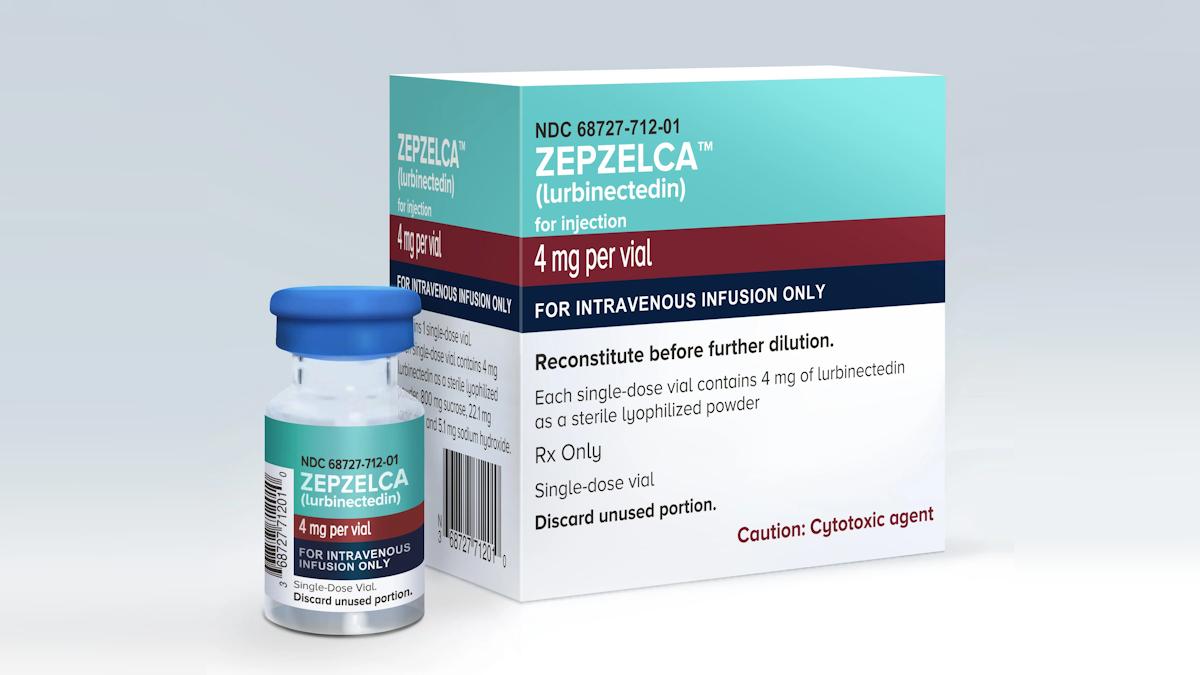Novartis’ Mayzent, Roche’s Polivy head latest crop of CHMP approvals

The EMA’s human medicines advisory committee recommended approval of five novel medicines at its November meeting, including Novartis’ multiple sclerosis drug Mayzent and Roche’s lymphoma drug Polivy.
Mayzent (siponimod) is now on course for approval as an oral therapy for active secondary progressive multiple sclerosis (SPMS) in the EU, a few months after getting a green light for this use in the US as well for relapsing forms of MS.
Novartis has previously said it thinks S1P inhibitor Mayzent could become a $1 billion-plus drug as SPMS patients have limited treatment options.
Mayzent will compete with Merck KGaA’s oral therapy Mavenclad (cladribine), which was approved for active SPMS in Europe since 2017 and the US earlier this year, as well as Roche’s fast-growing injectable therapy Ocrevus (ocrelizumab) in this indication.
Novartis says that if approved by the EMA, Mayzent will be “the first and only oral disease-modifying therapy for active SPMS proven to delay disease progression, slow the advance of physical symptoms and positively impact cognition.”
The Swiss drugmaker also claimed a second CHMP recommendation for cortisol synthesis inhibitor Isturisa (osilodrostat) as an orphan drug for Cushing’s syndrome, a rare disorder that causes weight gain, fat build-up on the face and bruising.
Osilodrostat – which was recently acquired by Italy’s Recordati in a $390 million deal – hasn’t been approved yet anywhere in the world.
Roche’s Polivy (polatuzumab vedotin) was backed by the panel for use in combination with its MabThera (rituximab) antibody and bendamustine chemotherapy in people with previously-treated diffuse large B-cell lymphoma (DLBCL), an aggressive type of non-Hodgkin lymphoma.
The first-in-class antibody-drug conjugate (ADC) targets CD79b, a protein expressed in the majority of B-cells, and is intended for use in patients who aren’t eligible for a bone marrow transplant.
It was approved by the FDA in June for DLBCL patients who have received at least two prior therapies, and is an alternative, cheaper and easier to administer alternative to CAR-T cell therapies from Roche’s rivals Novartis and Gilead.
Also getting positive recommendations from the CHMP were Jazz Pharmaceuticals’ Sunosi (solriamfetol) for excessive daytime sleepiness in narcolepsy and obstructive sleep apnoea and Rigel Pharma’s Tavlesse (fostamatinib) for primary immune thrombocytopenia (ITP).
Sunosi – approved by the FDA in March – is part of Jazz’s drive to reduce its reliance on $1.4 billion narcolepsy drug Xyrem sodium (oxybate), and like its predecessor is a dopamine and norepinephrine reuptake inhibitor. Xyrem currently accounts for three-quarters of Jazz’s revenues but is heading for generic competition in 2023 in the US, which accounts for the bulk of the product’s sales.
SYK inhibitor Tavlesse was approved in the US last year for ITP, an acquired immune-mediated disorder characterised by destruction of platelets and impaired platelet production, under the Tavalisse brand name.













